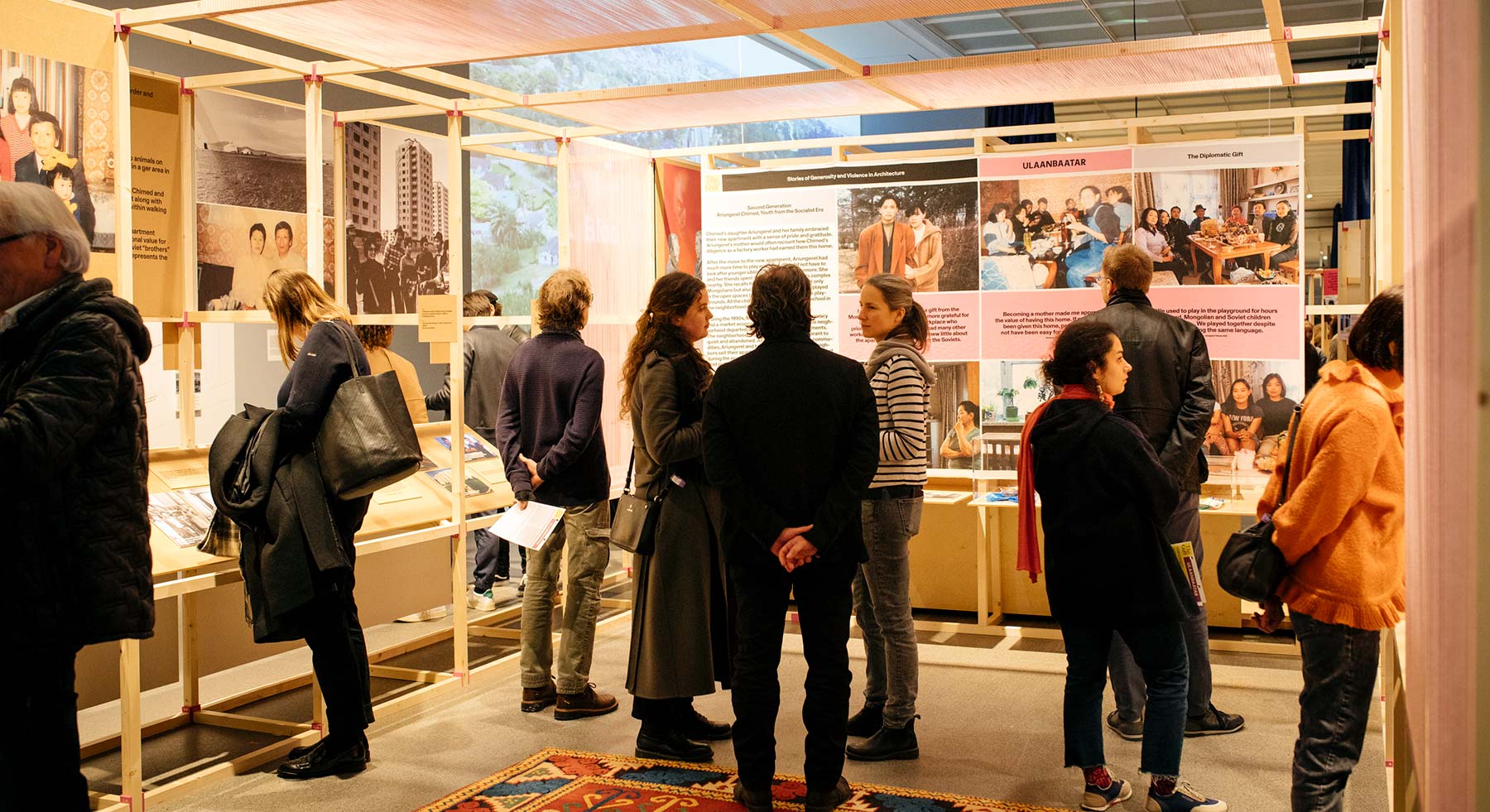Planning Student Journal, Agora, Awarded Honorable Mention for the 2017 Douglas Haskell Awards
The Agora Journal of Urban Planning and Design is the recipient of an Honorable Mention for the 2017 The Center for Architecture Douglas Haskell Award for Student Journals for Agora 11. The Haskell Award, which is given jointly by the Center for Architecture and the AIA (New York Chapter), was “founded to encourage student journalism on architecture, planning, and related subjects.” Agora is an award-winning, annual, student-run, peer-reviewed publication whose staff is comprised of graduate students enrolled in Taubman College’s Master of Urban and Regional Planning program. Agora 11’s staff included Editor-in-Chief Taylor LaFave and members of the editorial board: Grant Priester, Karen Otzen, Daniel Milahov, Alana Tucker, and Rich Bunnell.
As the award letter stated, “The jury chose to award Agora because of its interdisciplinary reach across the campus and the community and the thoughtful connections made between many realms of design, urban planning, and policy. We thought the journal discussed important, timely topics that were presented exceptionally well.” The other award recipients for 2017 were first place recipient, OBL/QUE (Harvard University), and an honorable mention for Common Ground (Northeastern University).
For more information about the Douglas Haskell Award: https://www.cfafoundation.org/haskell_past_recipients
About Agora 11: http://agoraplanningjournal.com/current/
Volume 11 of Agora represents a variety of perspectives on the urban experience, the issues that urban inhabitants face, and creative ways to conceptualize cities for the shared benefit of all who inhabit them. Not only is this the first volume of Agora’s second decade, it is also the first since the new American president’s inauguration. Pieces in volume 11 cover topics such as residential integration, climate adaptation, public space, returning offenders, and the future of infrastructure, all of which are being challenged by the new administration’s urban perspective. In this trying time for planning, architecture, urban policy, and cities as a whole, public dialogue on topics such as these is more important than ever. In its eleventh year, Agora is committed to its founding goal to serve as a platform for that public dialogue.





